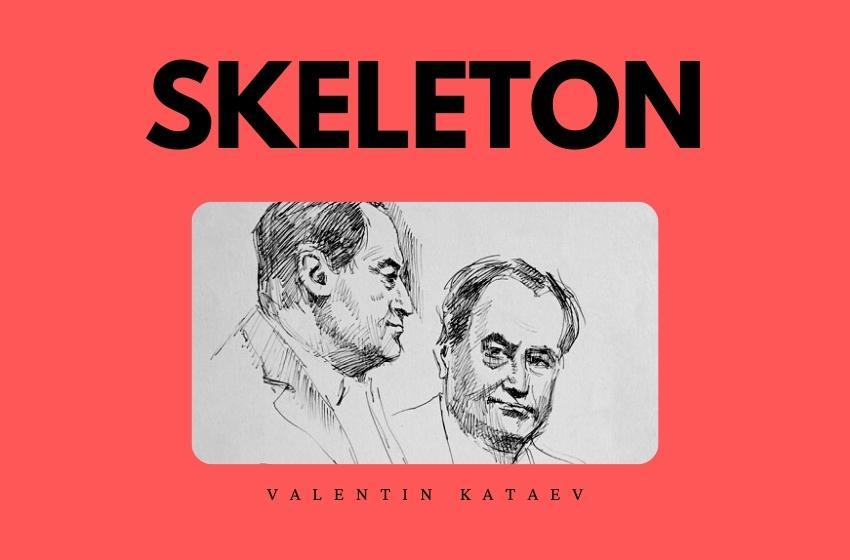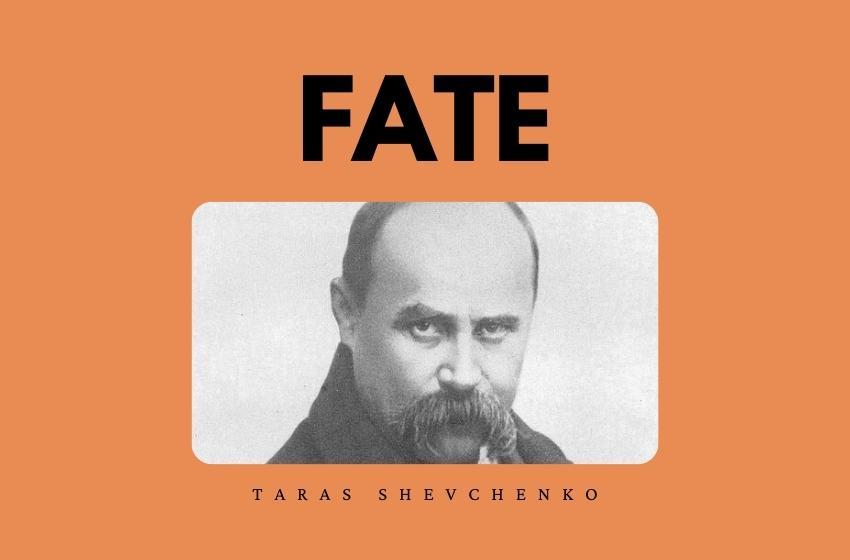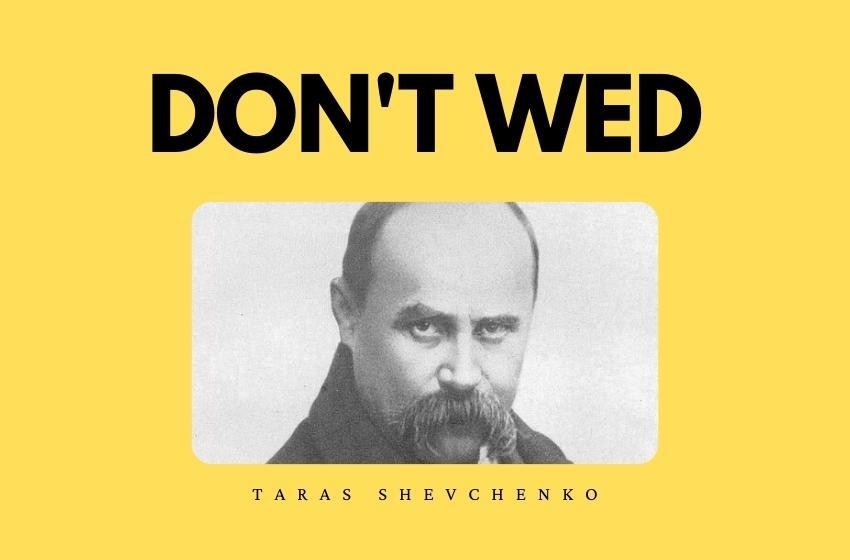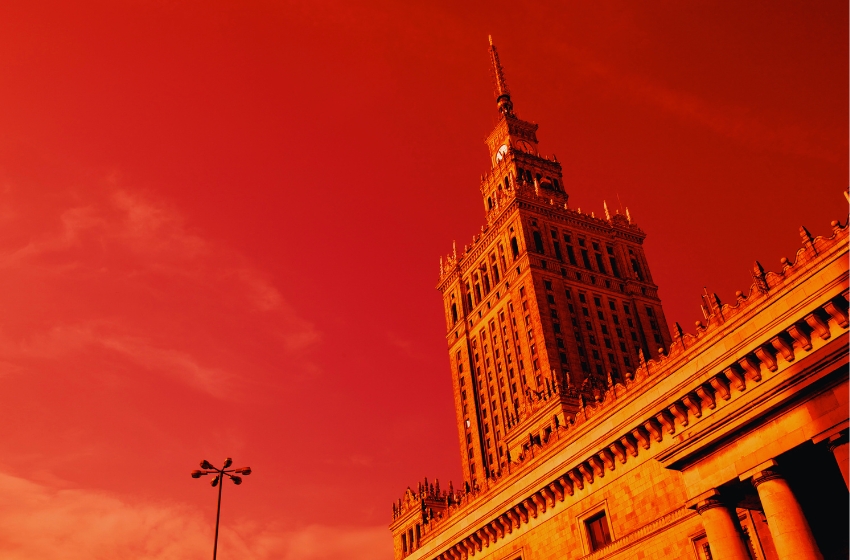It's terrible, say what you like, it's terrible," Auntie said at dinner. She put down the ladle and pressed her fingers to her temples. "You can think what you like about Tolstoi— personally, I look on him as the greatest of writers—but all his non-resistance and vegetarianism are ridiculous, and as for the Russian government, its attitude in the matter is abominable. We are disgraced in the eyes of the whole world! As big a disgrace as Port Arthur, Tsushima, or Bloody Sunday."
"I beg you to—" Father said anxiously. "No, please don't beg me. We have a dull-witted tsar and a dull-witted government! I'm ashamed of being a Russian."
"Stop, I beg you!" Father shouted. His chin jutted forward and his beard shook slightly. "His Majesty's person is sacred. He is above criticism. I won't permit it. Especially in front of the children."
"I'm sorry, I won't do it again," Auntie answered hurriedly.
"Let's drop the subject."
"There's just one thing I can't understand, and that is how an intelligent, kindhearted man like you, who loves Tolstoi, can honestly regard as sacred a man who has covered Russia with gallows and who—"
"For God's sake," Father groaned, "let's not discuss politics. You are an expert at turning any conversation into a political discussion! Can't we talk without getting mixed up in politics?"
"My dear Vasily Petrovich, you still haven't realized that everything in our lives is politics. The government is politics. The church is politics. The schools are politics. Tolstoi is politics."
"How dare you speak like that?"
"But I will!"
"Blasphemy! Tolstoi is not politics." "That's exactly what he is!"
And for long after, while Petya and Pavlik were doing their home-work in the next room, they could hear the excited voices of Father and Auntie, interrupting each other.
"Master and Man, Concession, Resurrection!"
"War and Peace, Platon Karatayev!"
"Platon Karatayev, too, is politics!"
"Anna Karenina, Kitty, Levin!"
"Levin argued communism with his brother!"
"Andrei Bolkonsky, Pierre!"
"The Decembrists!"
"Haji Murat!"
"Nikolai Palkin!" ( The derogatory nickname of Nicholas I, signifying "cudgel.").
"Stop, I beg you. The children can hear us."
Pavlik and Petya were sitting quietly at Father's desk, beside the bronze oil lamp with the green glass lampshade.
Pavlik had finished his home-work and was busy putting together his new writing outfit of which he was still very proud. He was pasting a transfer on his pencil-box, patiently rolling up the top layer of wet paper with his finger. A
multi-coloured bouquet of flowers bound with light-blue ribbons could be seen through it. He heard the voices in the dining-room, but did not pay any attention to them; his mind was full of the incident that had taken place during the writing lesson earlier" in the day. The "obstruction," which at first sight seemed such a daring and funny prank, now appeared in another light altogether. Pavlik could not banish the horrible scene from his eyes.
There at the blackboard stood the teacher, old Skeleton. He was in the last stages of consumption and was ghastly thin. His blue frock-coat hung loosely about his shoulders. It was too long and old, and very worn, but there were new
gold buttons on it. His starched dickey bulged casually on his sunken chest and a skinny neck protruded from the wide greasy collar. Skeleton stood stock-still for a moment or two, challenging the class with his dark eyes. Then he turned
swiftly to the blackboard, picked up a piece of chalk with his thin, transparent fingers, and began tracing out the letters.
In the ominous quiet they could hear the scratching of the chalk on the slate: a light, delicate touch when he outlined a feathery curlicue and a loud screech as he drew an amazingly straight line at a slant. Skeleton would crouch and then
suddenly straighten again, just like a puppet. He'd cock his head to one side, utterly oblivious to his surroundings, and either sing out "stro-o-ke" in a high thin voice, or "line" in a deep rasping one.
"Stroke, line. Stroke, line."
Suddenly a voice from the last row, still higher and as fine as a hair, mimicked, "Stro-o-ke." Skeleton's back twitched, as if he had been stabbed, but he pretended he hadn't heard. He continued writing, but the chalk was already crumbling in his emaciated fingers, and his large shoulder-blades jerked painfully beneath the threadbare frock-coat.
"Stroke, line. Stroke, line," he sang out and his neck and large ears became crimson.
"Stro-o-oke! Str-rr-oke! Stro-o-oke!" mimicked someone in the last row. All of a sudden Skeleton spun round, strode rapidly down the aisle and grabbed the first boy at hand. He yanked him up from his desk, dragged him to the door, and threw him out of the class-room. Then he banged the door so hard that the panes rattled and dry putty fell all over the parquet floor.
Skeleton walked back to the blackboard with heavy steps. He was wheezing loudly as he picked up the chalk and was about to continue the lesson. Just then he heard the hum of steady, barely audible booing. Startled, he froze into
immobility. His knees trembled visibly. His cuffs and baggy blue trousers trembled too. His black sunken eyes glared at the boys with undisguised hatred. But he had no way of finding out the culprits. They were all sitting with their mouths tightly shut, looking quite indifferent, and yet they were all booing steadily, monotonously, and imperceptibly. The whole class was booing, but no one could be accused of it. Then a tortured scream of pain and rage broke from
his lips. He was jerking like a puppet as he hurled the chalk at the blackboard. It broke into bits. Skeleton stamped his foot. His eyes became bloodshot. His thin hair was plastered to his damp forehead. His neck twitched convulsively and he tore open his collar. He rushed over to his desk, hurled the chair aside, flung the class register against the wall, and began pounding the desk with his fists. He no longer heard his own voice as he shouted, "Ruffians! Ruffians!" The inkpot bounced up and down, and the purple liquid stained his loosened dickey, his bony hands and damp forehead. The scene ended when Skeleton, suddenly becoming limp, sat down on the window-sill, rested his head against the frame and was seized with a terrible coughing spell. His deeply sunken temples, almost black eye-sockets, and bared yellow teeth made his face look like the skull of a skeleton. Were it not for the sweat streaming down his forehead, one could have easily taken him for a corpse.
That was the picture Pavlik could not banish from his mind. The boy felt terribly oppressed; however, his mental state in no way interfered with the job in hand. He bestowed special care on transferring the picture, for he did not want to
make a hole in the wet paper and spoil the bouquet and light-blue ribbons that looked so bright in the light of the lamp.
Petya, meanwhile, was absent-mindedly leafing through a thick notebook. There were emblems scratched out on the black oilskin cover—an anchor, a heart pierced with an arrow and several mysterious initials. He was listening to Father and Auntie arguing in the dining-room. Some words were repeated more often than others; they were: "freedom of thought," "popular government," "constitution," and, finally, that burning word—"revolution."
"Mark my words, it will all end in another revolution," Auntie said.
"You're an anarchist!" Father shouted shrilly.
"I'm a Russian patriot!"
"Russian patriots have faith in their tsar and their government!"
"Have you faith in them?"
"Yes, I have!"
Then Petya heard Tolstoi mentioned once more.
"Then why did this tsar and this government in whom you have such faith excommunicate Tolstoi and ban his books?"
"To err is human. They look on Tolstoi as a politician, almost a revolutionary, but Tolstoi is simply the world's greatest writer and the pride of Russia. He is above all your parties and revolutions. I'll prove that in my speech."
"Do you think the authorities will allow you to say that?"
"I don't need permission to say in public that Lev Tolstoi is a great Russian writer."
"That's what you think."
"I don't think it—I am absolutely sure!"
"You're an idealist. You don't know the kind of country you're living in. I beg you not to do that! They'll destroy you. Take my advice."
1956
Translated by Fainna Solasko and Eve Manning





















